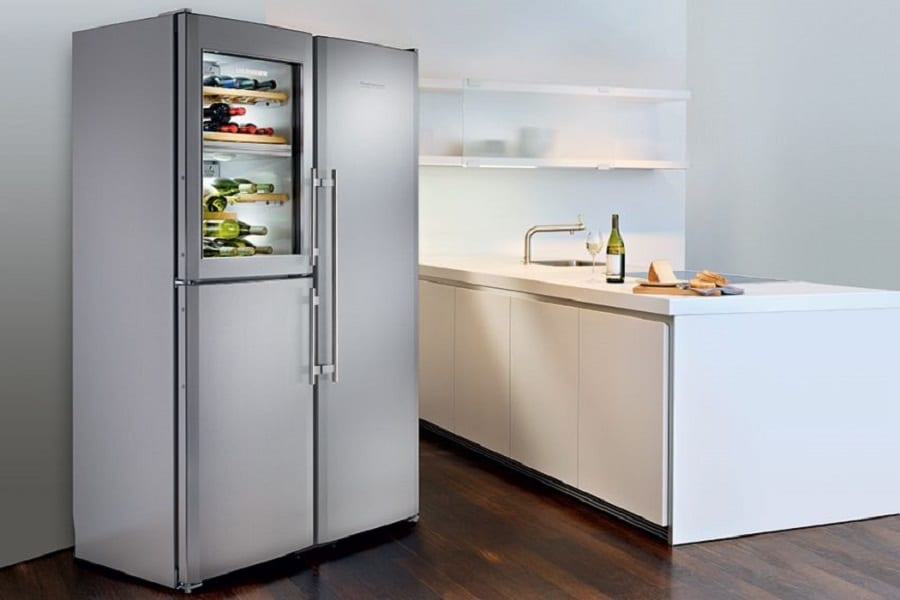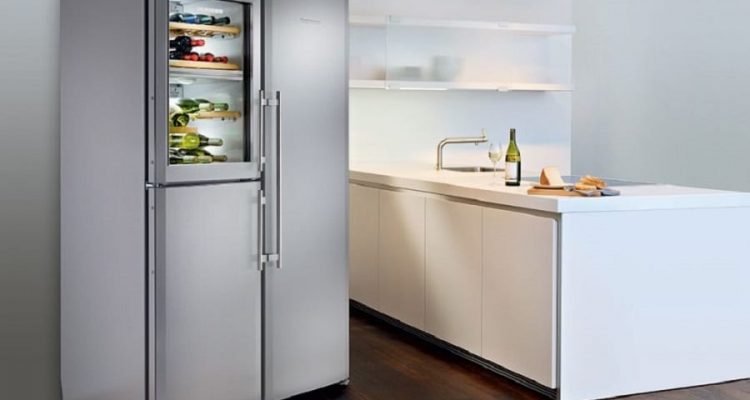
Introduction
How often do you think about your refrigerator? For most of us, the answer is probably ‘not very often.’ But, in fact, the refrigerator is a staple in every household, quietly working in the background to preserve our food and keep our drinks cold. Refrigeration technology has evolved dramatically over the years, making our lives easier and more convenient in the process. In this article, we will delve into the world of refrigerators, examining their innovative features and advancements, and providing practical examples to illustrate their importance. As the great chef Julia Child once said, “You don’t have to cook fancy or complicated masterpieces – just good food from fresh ingredients,” and a reliable refrigerator is key to keeping those ingredients fresh.
Section I: Embracing Smart Refrigerator Technology
Imagine receiving a notification on your smartphone, alerting you that your refrigerator is running low on milk or eggs. This is no longer a sci-fi dream; the latest smart refrigerators are here, equipped with Wi-Fi and cameras inside, offering this impressive feature and much more.
One notable model is the Samsung Family Hub Refrigerator, boasting an array of smart functions. It features a large touch-screen on the door, letting you access the internet, stream music, and even mirror your smart TV. With a few taps, you can check what’s inside your fridge without even opening the door. Gone are the days of forgotten grocery lists; this fridge can send it directly to your smartphone.
Section II: Fostering Energy Efficiency
With climate change posing a serious global threat, energy-efficient appliances have become crucial in reducing our carbon footprint. Modern refrigerators are an epitome of energy-saving innovation, thanks to the Energy Star label.
One standout in this category is the LG Bottom-Freezer Refrigerator. It uses linear compressors to reduce energy consumption by up to 32% and limits the emission of harmful greenhouse gases. It’s a prime example of how modern refrigerators are pushing boundaries and integrating environmental responsibility into home life.
Section III: Maximizing Space and Design
Refrigerators are not just about functionality. Design aesthetics and space optimization play a vital role too, influencing the user experience significantly. The Bosch Glass Door Refrigerator is an excellent example, offering a sleek design, custom panels, and enhanced storage solutions.
Its glass door provides a clear view of the interior, eliminating the need for frequent door opening and saving energy. And the custom panels can match your kitchen cabinets, turning your fridge into a piece of art.
Conclusion
Our relationship with refrigerators has changed over the years. They’re not just a box to store food anymore; they’re a hub of smart technology, environmental sustainability, and sophisticated design. This transformation perfectly echoes the words of famed designer Charles Eames who said, “The details are not the details. They make the design.”
So, next time you’re in the market for a refrigerator, think beyond the basic needs. Consider smart technology, energy efficiency, and innovative design to truly enrich your home life. Remember, a great refrigerator doesn’t just preserve your food; it can also enhance your lifestyle.
In conclusion, the refrigerator has moved far beyond a simple utility. As the heart of our kitchens, it’s a symbol of how far we’ve come in blending technology with our everyday lives. In its quiet, unassuming way, the refrigerator is truly revolutionizing our home life.

